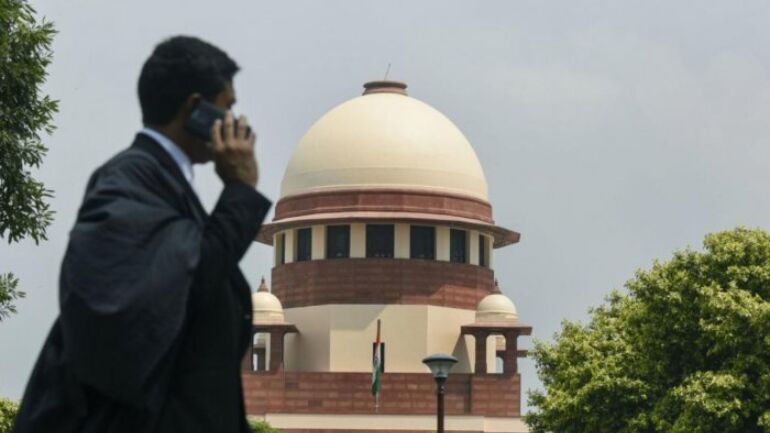'Mediation setting should balance social power'

New Delhi: Mediation has the potential to be one of the avenues through which social justice can be achieved, observed Supreme Court judge Justice DY Chandrachud recently, according to LiveLaw.
But he added a caveat that the mediation setting should balance the social power so that the weaker party is not forced into a settlement. Also, it should not promote a culture of impunity.
"Mediation has the potential to be one of the avenues through which social justice can be achieved provided it resorts to balancing the social power in the mediation setting and does not promote a culture of impunity. Instead of an institutional culture where the voices of judges and lawyers are at the centre, mediation can be a bottom-up strategy which passes the mic to the oppressed groups who narrate their lived experiences unhindered by the formalities and categories of law. They are able to structure the remedies and reparations that they seek. At the same time, it puts the onus on the dominant groups to contribute to the healing of a fractured society by doing better," Justice Chandrachud said.
He was speaking at the virtual event of International Mediation Conference organised by Bangalore International Mediation Arbitration and Conciliation Centre (BIMACC).
When it comes to matrimonial disputes, Justice Chandrachud cautioned that mediation setting must be cognizant of the insidious ways in which patriarchy functions and does not let resolution become another way of perpetuating and reinforcing gender hierarchies.
Also, in industrial disputes, employers generally tend to have an upper hand in the conciliation process. Hence, the imbalance in social power must be taken note of the mediators while finalising settlements.



